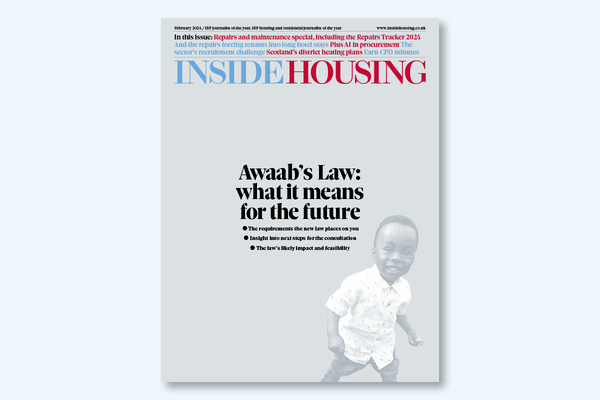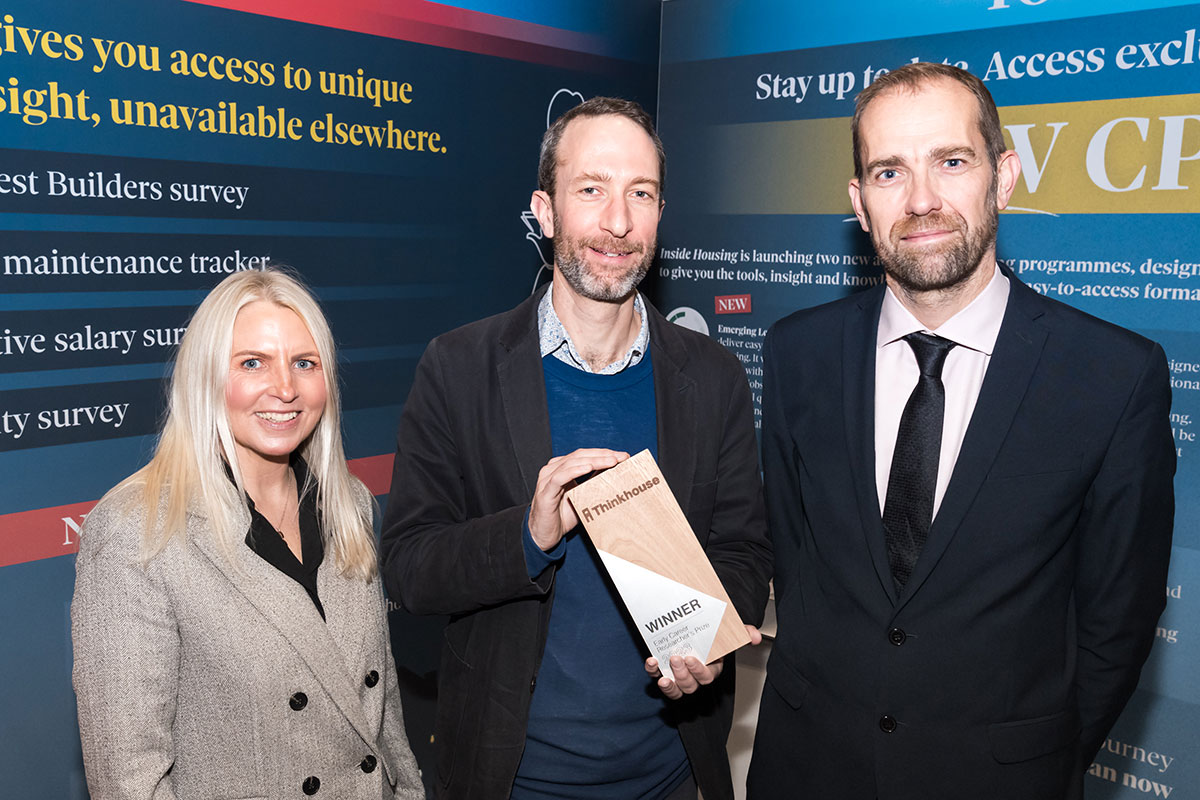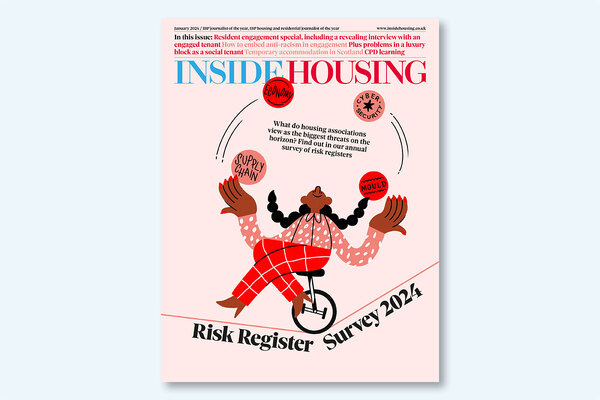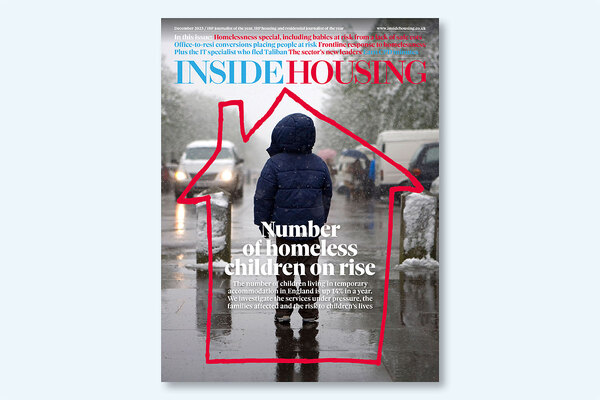You are viewing 1 of your 1 free articles
The Thinkhouse review: how to make research relevant in a post-coronavirus world
We are in a market and policy hiatus, where trying to raise wider or non-coronavirus-specific agendas has become much more difficult. This does not undermine the importance of the agendas but it might undermine their impact. It is down to the housing community to ensure their messages are not lost, writes Professor Peter Williams in his assessment of housing research papers in this month’s Thinkhouse review
Inevitably, both research and report production have been delayed because of the coronavirus pandemic – partly because it changes the operating context thus triggering a need to rewrite or rethink what any report is saying and partly because new working arrangements had to settle down.
Moreover we are in a kind of market and policy hiatus, where trying to raise wider or non-coronavirus-specific agendas has become harder.
We might all agree on a number of deserving housing causes, but it will be challenging for them to stand out from competing non-housing issues. This certainly suggests that housing issues that link to wider agendas have the best prospects of progressing.
That said, perhaps surprisingly, April saw the publication of two reports that were relevant in coronavirus terms. One is a relatively brief update from the Resolution Foundation on the income shock and the other, Out of Harm’s Way, is a very thoughtful piece by Dr Craig Gurney at the UK Collaborative Centre for Housing Evidence (CaCHE) in Glasgow reflecting on the meaning of home (and harm) in this current environment.
Self-isolation has further reinforced the idea of home as sanctuary and highlighted even more the plight of those who do not enjoy what disgracefully remains a luxury.
More widely, another CaCHE report, this time on the lived experience of private renters in the UK, is a helpful qualitative study and part of a wider project on that diverse sector.
We are slowly building our understanding of the private rented sector in every sense but it has been a much-neglected agenda in terms of both research and policy.
The question is whether it really is moving up the agenda in terms of the latter or whether we will simply get more warm words while the real focus remains on homeownership.
The Centre for Cities’ report, Sleepy Suburbs, on the role of the suburbs is an extremely helpful contribution on another much-neglected agenda in the UK and in this case as a potential solution to the housing crisis. There is a real tension here between preserving the desired amenity of suburbs and at the same time increasing the density of population and changing the built environment. It is a most-welcome contribution.
The Founders Pledge’s report on housing affordability was, for me, a disappointment despite its considerable length. This is despite a useful attempt at estimating the cost of unaffordability on GDP – rightly seeking to join up agendas.
The House of Commons’ report, Stimulating housing supply, is another authoritative compendium by the team in parliament. It is a ‘go-to’ report for anyone trying to piece together where governments have gone and to what effect.
Shelter’s Caught in the Act report gives a valuable insight into the impact of the Homelessness Reduction Act, while the Royal Town Planning Institute sets out the priorities for planning reform.
Most of these reports were conceived and written for a different context than the one they arrived in. This does not undermine the importance of the agendas they tackle but it does have consequences for the impact they can have.
With so much going on, it will be for the housing community to ensure their messages are not lost.
Professor Peter Williams, researcher and departmental fellow, department of land economy, University of Cambridge











